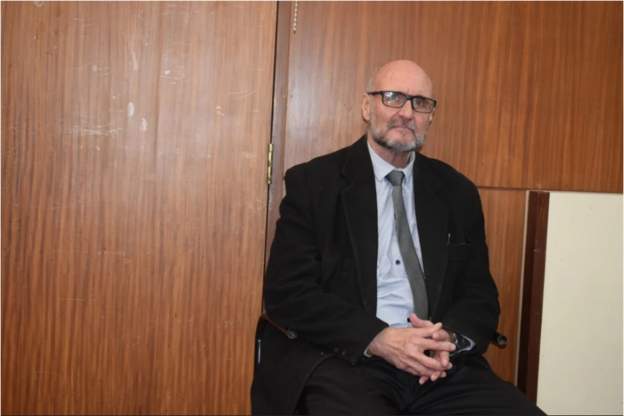
How Atiku’s Lack of Evidence Punctured his Claims at Supreme Court
How Atiku’s Lack of Evidence Punctured his Claims at Supreme Court
After 8 months of multi-level agitations over the conduct of the March Presidential elections, Nigeria’s Supreme Court on Wednesday dismissed the claims by the main opposition party and their candidates as lacking in merit.
The seven-member panel led by Nigeria’s Chief Justice of the Federation (CJN), Justice Tanko Mohammed held that having gone through all the documents and exhibits two weeks ago, the panel discovered that the appeal lacks merit. The panel also had Justice Bode Rhodes-Vivour, Justice Olukayode Ariwoola, Justice John Iyang Okoro, Justice Musa Datijo Muhammad Justice Ejembi Eko and Justice Uwani Abaji.
“We have examined the submissions of parties in this matter and the exhibit adduced and we have come to a conclusion that this appeal lacks merit, appeal is hereby dismissed.
“A date for reason would be communicated to the parties,” Mr Mohammed ruled.
Atiku’s legal outing was generously affected by his inability to substantiate his claims of the existence of server because the election tribunal abinitio restricted his access to the server—read also:
Major Setback: Election Tribunal Rejects Atiku Access to INEC Server
The opposition elements on September 23, filed 66 grounds of appeal before the Supreme Court after the presidential election petition tribunal at the Court of Appeal on September 11 dismissed their petition against Mr Buhari’s re-election.
Where Atiku started failing: Major Setback: Election Tribunal Rejects Atiku Access to INEC Server
The Election Petition Tribunal on June 24t denied the PDP and Atiku access to the INEC server to consolidate their claims that there existed a server.
The INEC and the APC had argued that there was no server but the PDP and Atiku contended that there was a server to which the actual election results were transmitted.
By that ruling, the opposition could not access the server of the electoral umpire, INEC, to justify their claims.
PDP and Atiku are relying on the figures purportedly published on the server of the Independent National Electoral Commission (INEC) to argue that the final result of the presidential election was faulty.
By implication, the opposition could not access the central server and they lost a lot of grounds to justify their claims.
the five-member panel unanimously refused the request, saying the request could not be granted because issues had been joined by parties over the existence or otherwise of the server.
The judges said it was impossible for the tribunal to delve into the server issue at the interlocutory stage of the panel’s sittings, Channels TV is reporting.
The PDP and Mr Abubakar, through their lawyers, led by Levy Uzoukwu, asked the tribunal to compel INEC to grant them access to the server and smart card readers used in the conduct of the election.
But the counsel representing INEC, Yunus Usman, in a counter affidavit asked the court to dismiss the application.
“They are asking us to bring something we do not have,” Mr Usman said.
He further called the attention of the tribunal to its judgment of March 6 granting PDP access to inspect only election materials without the server.
The PDP and Mr Abubakar are challenging the declaration of President Muhammadu Buhari of the All Progressives Congress (APC) as the winner of the election.
The petitioners claimed that the results they obtained from the INEC server indicated that Mr Abubakar won the poll with an over six million votes margin.
The counsel to President Muhammadu Buhari, Wole Olanipekun, and the APC, Lateef Fagnemi, on their part, asked the court to dismiss the application for failing to disclose the existence of the server.
Mr Abubakar had said that results from the INEC server showed that he scored 18,356,732 votes as against 16,741,430 votes by Mr Buhari. INEC had through manual collation announced President Buhari winner of the election with 15,191,847 votes with Mr Abubakar polling 11, 262,978 votes.




Recent Comments